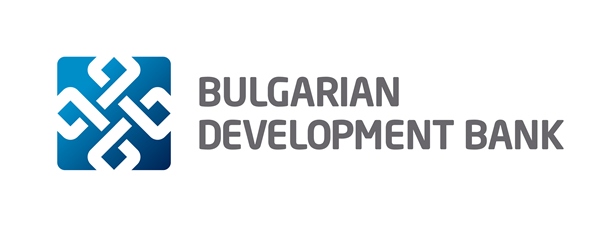Bulgarian Development Bank (BDB)
Summary
Bulgarian Development Bank (BDB) is a credit institution 100%-owned by the Bulgarian state. It was established in 1999 as the Encouragement Bank with main focus to support small and medium-sized enterprises.
BDB is a systemically important institution and is among the Bulgarian banks with the highest credit rating: BBB with a positive outlook by Fitch Ratings. The bank provides directly financing as well as on-lending through other financial institutions.
The BDB Group has four subsidiaries - the National Guarantee Fund, BDB Microfinancing, the Capital Investment Fund and BDB Leasing. It is a full-fledged banking group offering a wide range of financial products and services for SMEs to create a sustainable and complete market through project financing, working and investment loans for micro, small and medium-sized businesses, guarantees, operating leasing, share capital, equity, etc.
Among the strategic priorities of BDB is to support vibrant, innovative, competitive small and medium-sized companies and the development of social and sustainable projects. The Bank aims to be the center of an ecosystem that trains, supports and finances entrepreneurs.
It also implements special mandates of the Bulgarian government. Over the years, those included the anti-crisis measures to overcome the negative effects of COVID-19, the Energy Efficiency of Multi-Family Residential Buildings National Programme, etc.
BDB is the best positioned bank in Bulgaria for attracting funds from International Financial Institutions. Since its establishment, it has concluded over 35 loan agreements with 16 international financial institutions amounting to EUR 1,364 million.
In 2023, the Bank has attracted EUR 350 million of long-term investment resources from the European Investment Bank and the Council of Europe Development Bank to improve access to finance, promote employment and accelerate the green transition in Bulgaria. BDB also signed a Guarantee agreement with the European Investment Fund (EIF) under the InvestEU Fund of up to EUR 45.5 million to improve the competitiveness of the private sector by facilitating access to finance to riskier SMEs that lack sufficient collateral. The arrangement is expected to generate a fresh lending of about EUR 77 million over a two-year period at preferential rates.
